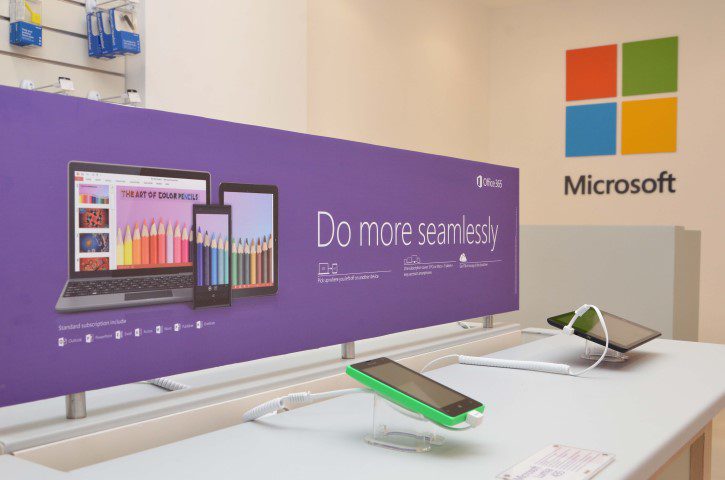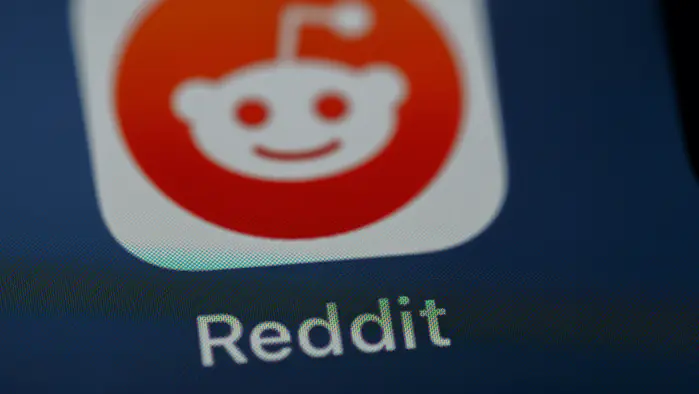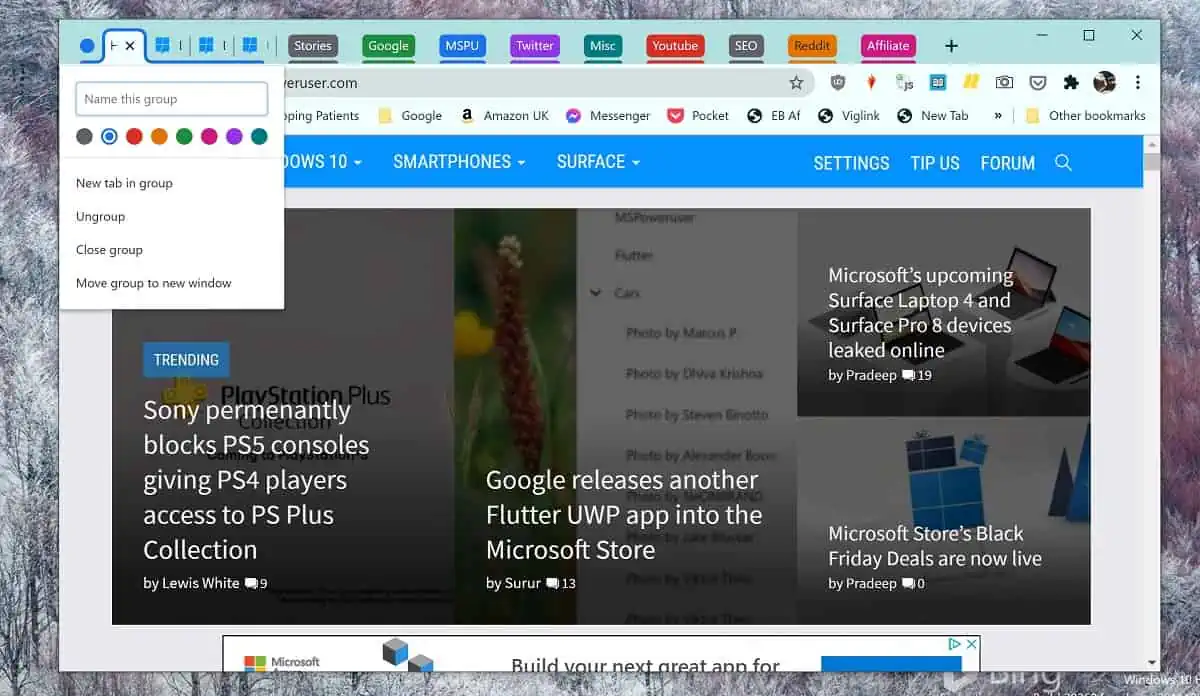Are Android and iOS Apps Going to be Enough to Save Windows Phone?
6 min. read
Published on
Read our disclosure page to find out how can you help MSPoweruser sustain the editorial team Read more


By Rich W Woods, from For the Love of Tech
Last week, Microsoft had their annual developer conference, Build. We were all hoping for the same thing, a real strategy for improving app quality on Windows Phone. After all, we knew about universal apps. Putting Windows 10 on hundreds of millions of PCs and making those apps run on phones is a brilliant way of using their desktop market share to leverage their mobile platform.
But we knew that universal apps wouldn’t be enough. After all, the universal app strategy isn’t going to work for Instagram. In fact, it’s not going to work for anyone that doesn’t need a strong desktop presence.
At Build 2015, we heard about four new ways that developers can port apps into the Store. One of those was .NET and Win32 apps, which only works on the desktop version of Windows 10. Developers can port web apps as well. They can simply type a URL and have it packaged into an app. Finally, developers can take their Android apps written in Java or their iOS apps written in Objective-C and port those to Windows 10 for Mobiles (iOS apps can be universal but not Android ones) as well.
Microsoft announced another cool feature, which is continuum for phones. Continuum is a feature that allows Windows Phone users to plug their phone into a monitor and essentially turn it into a PC, even running the desktop version of the universal apps.
Is It Enough?
Coming out of the Build conference, there was a general consensus of “Microsoft is BACK!” And that’s a back with a capital B. Big time back. I even had one guy on Google+ trying to tell me about how far behind Apple is because they’re the one platform that can’t run Android apps. We won’t get into that.
The fact is that Microsoft has done quite a bit in recent years to promote cross-platform development. Visual Studio is already known as one of the best IDEs available for developers. So why are developers still using Android Studio and Xcode? Again, we won’t get into that.
The question is, are we going to see Android and iOS apps on Windows Phone.
It’s Going to Require Work from Developers
Sure, they don’t have to rebuild an app from scratch, which is a huge incentive to make an app for Windows Phone, but it’s still going to require some work, in most cases.
Most Android apps have some sort of Google Play Services (Maps, Gmail, etc.) built into them. The ones that don’t can simply be repackaged and placed in the Windows Store.
The ones that do use Google Play Services will need to be reworked a little more than others, using services that Microsoft has pledged to provide. Generally, the same can be said for iOS apps written in Objective-C.
Here’s the fact that most have chosen to ignore: the apps from companies that WE need to port over to Windows Phone have already decided that Windows Phone is not worth their time.
Is this really going to change all of that? We’re not just talking about a developer that has a small app. We’re talking about Chase bank, Instagram, Facebook Messenger, etc. All apps that are made by huge corporations, but are either lacking a Windows Phone app or their Windows Phone app is substantially lacking in features.
What About Google?
What about Google? You know, YouTube and Google+ and Google Maps and Google Calendar and Google Docs and Google Drive and Google Everything Else! It’s really the elephant in the room that we’re all choosing to ignore.
Let’s face it. Nothing that we heard about at Build 2015 is going to sway Google to start porting their apps over to Windows Phone.
Google has said that Windows Phone is simply too small to develop for. Do we even believe that it’s the case? After all, Microsoft tried to develop a YouTube app twice and Google forced them to pull it down (the first one was for a good reason).
Google is facing anti-trust violations in the EU. Does anyone really think that they’re just going to throw a bone to their number one competitor?
I know that the response to this will be “Well, I don’t want Google services on Windows Phone anyway”. This is because many will not see the bigger picture here. For many, the lack of Google services is just a deal breaker.
Is It Enough for Users?
I really don’t mean to suck the air out of the room here. We’re Microsoft fans. We love Windows Phone. Hearing so much at Build was so exciting, but we really do have to ask ourselves these questions.
Is any of this stuff actually going to be enough to get a user to pick up a Windows Phone? To switch from their trusted mobile platform that they have no doubt been using for a couple years now?
Even with the Android apps and the iOS apps, we can see from here that Windows 10 is still going to be lacking in some areas, and for an average user, you’re asking the question “Why don’t I just get an iPhone?”, to which there really is no good answer.
Continuum is a very interesting and compelling feature. I’ve had a few people already asking for this feature long before it was even rumored to be announced. Still, we must ask if this is going to be a truly useful feature to anyone.
Remember, continuum will turn a phone into a desktop, but without desktop apps. They will be the desktop versions of universal apps, iOS and Android apps not included (how many iOS developers would really be targeting desktop users, 90% of which don’t have touch capabilities?).
But who is going to use continuum? We know that the feature needs new hardware, and we’re guessing that it needs high end hardware, which means that we’re waiting on a flagship that will run in the $600+ range.
Ready for the big question? Because I know what you’re thinking. Continuum will allow for those that can’t afford a computer to use their phone as a full desktop! The big question is: Why shouldn’t I spend that $600 on a $200 Android phone and a $400 laptop? Hell, a $300 laptop.
I really hate to be so negative, coming off the heels of some really fantastic Windows Phone announcements. I can assure you that no one wants Windows and Microsoft to succeed more than I do. Unfortunately, these are questions that we, and especially Microsoft, need to be asking.









User forum
0 messages